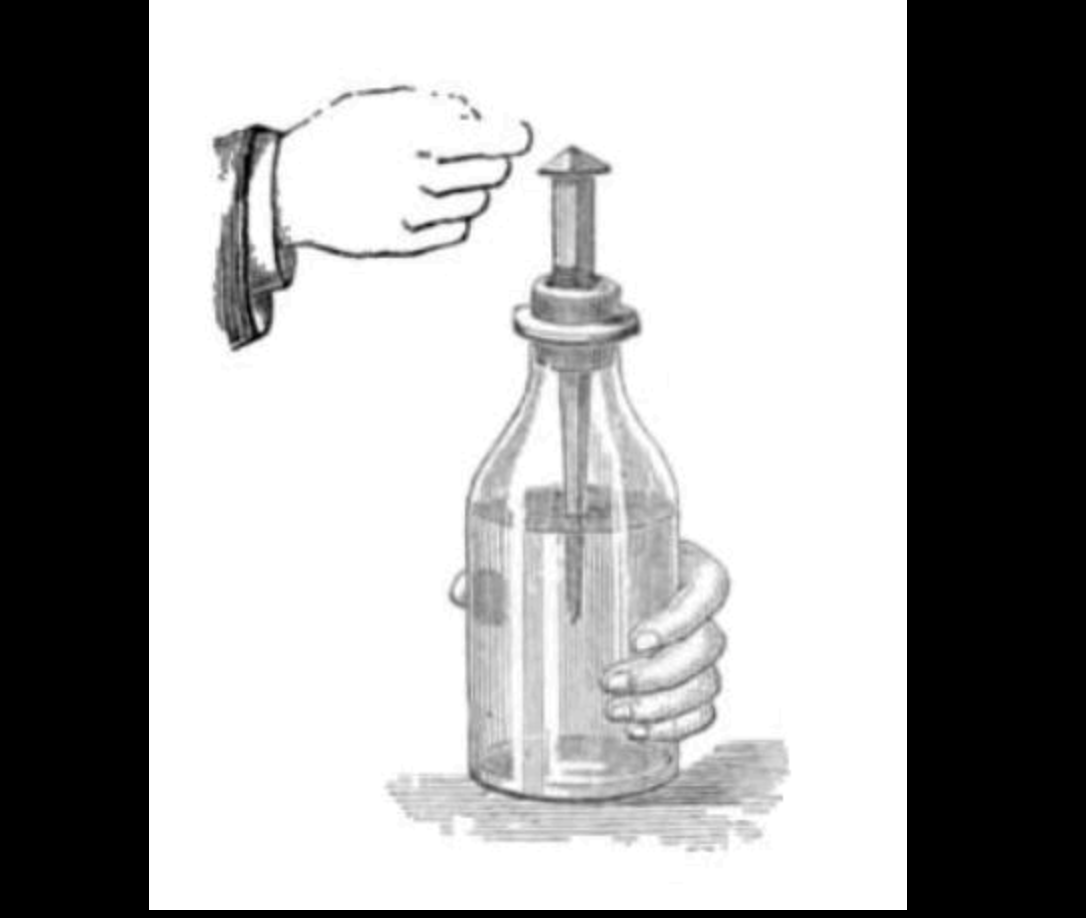922: 5/8 Young Benjamin Franklin: The Birth of Ingenuity, by Nick Bunker

Image: Benjamin Franklin promoted his investigations of electricity and theories through the famous, though extremely dangerous, experiment of having his son fly a kite through a storm-threatened sky. A key attached to the kite string sparked and charged a Leyden jar, thus establishing the link between lightning and electricity. Following these experiments, he invented a lightning rod. It is either Franklin (more frequently) or Ebenezer Kinnersley of Philadelphia (less frequently) who is considered to have established the convention of positive and negative electricity. Here: An early, water-filled Leyden jar, consisting of a bottle with a metal spike through its stopper to make contact with the water Young Benjamin Franklin: The Birth of Ingenuity, by Nick Bunker (https://www.amazon.com/Nick-Bunker/e/B002R0IKYO/ref=dp_byline_cont_ebooks_1) From his early career as a printer and journalist to his scientific work and his role as a founder of a new republic, Benjamin Franklin has always seemed the inevitable embodiment of American ingenuity. But in his youth he had to make his way through a harsh colonial world, where he fought many battles with his rivals, but also with his wayward emotions. Taking Franklin to the age of forty-one, when he made his first electrical discoveries, Bunker goes behind the legend to reveal the sources of his passion for knowledge. Always trying to balance virtue against ambition, Franklin emerges as a brilliant but flawed human being, made from the conflicts of an age of slavery as well as reason. With archival material from both sides of the Atlantic, we see Franklin in Boston, London, and Philadelphia as he develops his formula for greatness. A tale of science, politics, war, and religion, this is also a story about Franklin's forebears: the talented family of English craftsmen who produced